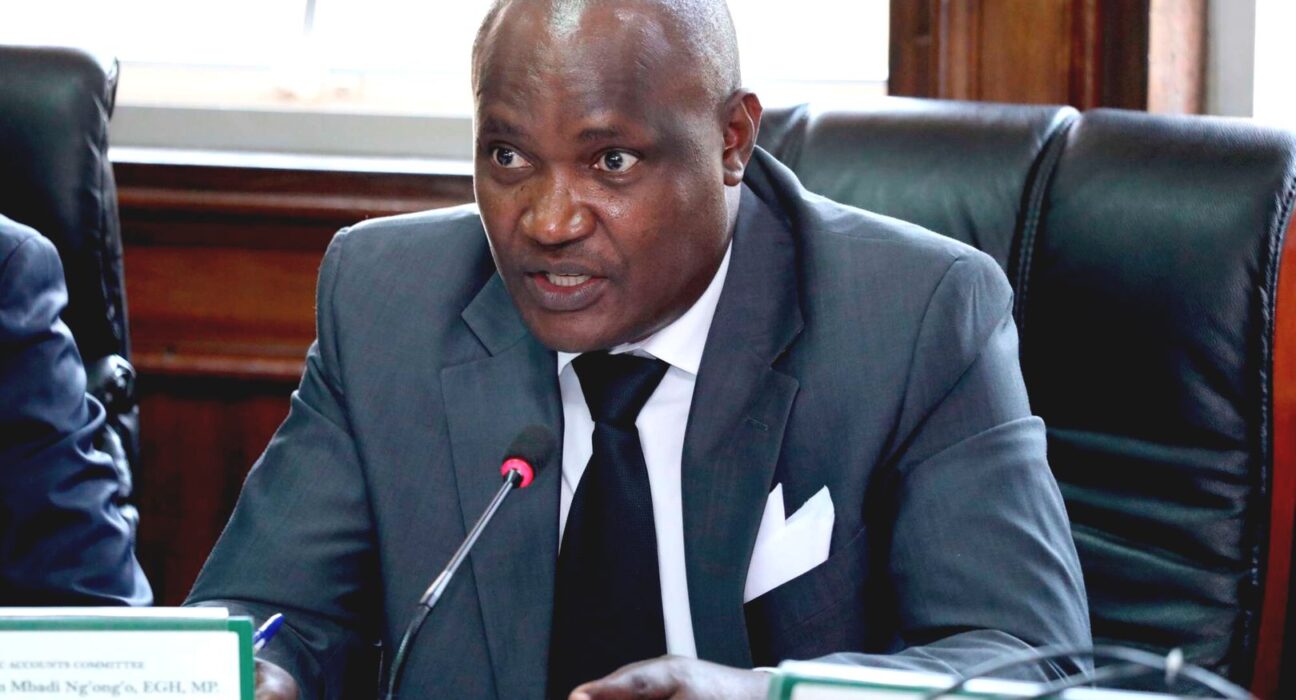Treasury Cabinet Secretary (CS) John Mbadi has launched a scathing attack on the Controller of Budget (CoB) and her office, accusing the institution of creating unnecessary obstacles in the disbursement of funds to county governments. Speaking during a consultative meeting with governors in Naivasha, Mbadi took issue with the CoB’s operations, alleging that some officers were engaging in rent-seeking behavior that hindered the smooth flow of funds to counties.
In a fiery address at the quarterly high-level meeting with the Council of Governors Health Committee, Mbadi expressed frustration over the delays in releasing funds to counties. He highlighted that finance officers from distant counties like Turkana often had to travel to Nairobi to get approvals—an issue he believes could easily be resolved through remote communication.
“I wish the Controller of Budget was here. I have a serious problem with her office,” Mbadi declared. “Once we transfer money to counties, let that money reach them. There should be no bottlenecks. There is no reason why county officers should always be in Nairobi to clear with the CoB’s office. That is rent-seeking, and it needs to stop immediately.”
Mbadi emphasized the need for a streamlined system that eliminates unnecessary human interference, which, according to him, would ensure quicker and more efficient disbursement of funds. His remarks came in response to governors’ concerns over delayed disbursements and the ongoing conversation about increasing county allocations.
In a candid moment, Mbadi acknowledged his frustration with the CoB, stating, “I’ve always wanted a forum where I can tell her publicly—she must reign in her officers. This is not a personal attack but constructive criticism. She is also welcome to criticize me.”
The Treasury CS also addressed the ongoing dispute over county allocations. While county governments are demanding KES 400 billion to manage devolved functions, Mbadi insists that the National Government can only afford KES 380 billion. He maintained that the financial realities of the government made it impossible to meet the counties’ demands.
“We cannot afford anything more than KES 380 billion,” Mbadi stated, triggering a strong response from governors. Nandi Governor Stephen Sang firmly rejected Mbadi’s position, saying, “We will not accept anything less than KES 400 billion, especially with the additional responsibilities like the rollout of Social Health Insurance.”
In agreement, Baringo Governor Benjamin Cheboi added, “If there is no money, I’d rather return the county to the National Government.”
Apart from the ongoing financial battle, Mbadi also criticized the growing number of advisors at both the national and county levels of government. He lamented that many advisors were unnecessary and that their salaries could be better utilized for other crucial functions.
“Too many advisors are unnecessary and useless. They should be disbanded,” Mbadi remarked, underscoring the need to curb wasteful spending in the public sector.
In a bid to quell frustrations from the devolved units, the Treasury CS assured governors that his office is committed to disbursing funds on time moving forward. Currently, counties have gone over three months without receiving their allocations, which has severely hampered service delivery.
Mbadi’s statements have further intensified the friction between the national and county governments, with governors remaining firm on their demand for increased allocations. As the standoff continues, the future of county funding and devolution hangs in the balance.





